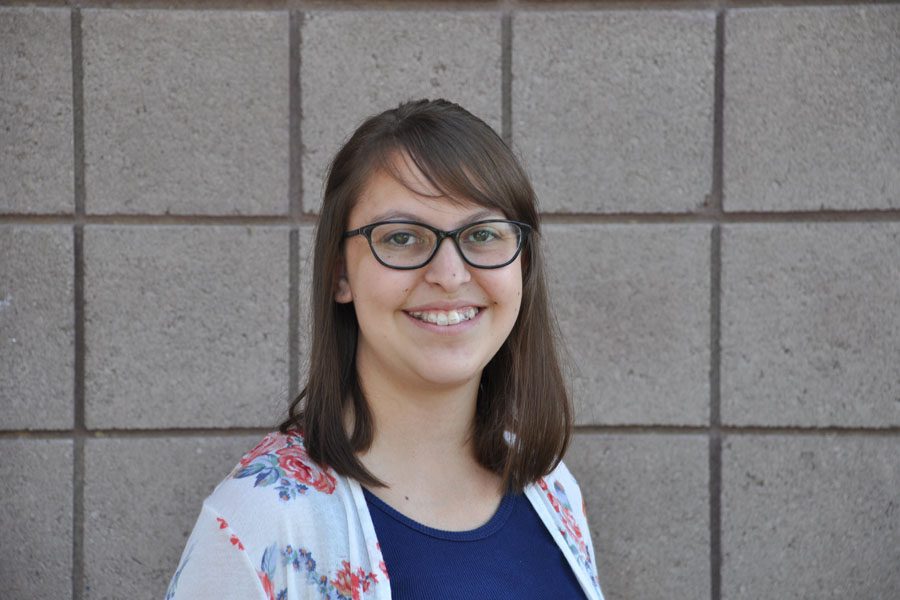Newspaper Adviser Damien Tippett
Website and Media Editor Cassie Nielsen.
Prop 123 funds education now
Arizona K-12 education is underfunded; that we can all agree on. The problem is agreeing on the way in which we increase funding. In the year 2000, voters approved Proposition 301, a six-tenths of a cent sales tax increase for K-12 education–but who wants to pay more taxes?
Proposition 123 makes it possible to increase funding without raising taxes. Before you can understand what Prop 123 is and what it will do if it is passed, you have to understand what Proposition 301 is and what it was supposed to do.
Besides the sales tax increase the mandate will require the state to increase the base-level funding per student each year. Such funding was increased beyond what was required by Legislation until the fiscal year 2009 and the Great Recession.
In the wake of the recession, Arizona school districts filed a lawsuit challenging the state’s refusal to fund inflation in 2010. Prop 301 left AZ with a five year lawsuit and was an overall failure.
Six years later, AZ finally has a solution: Prop 123.
If Prop 123 passes, schools will receive $3.5 billion in funding over the next ten years. The legislation specifically states that it will “increase the annual distributions from the state trust land permanent funds to schools… [increasing] funds to 6.9% for the next ten fiscal years.”
So what does this mean for taxpayers? Their taxes will not increase due to Prop 123 because it is supposed to give education the money it desperately needs now–as opposed to continuing the five year lawsuit. If it does not pass we have to wait on the lengthy appeals process.
Passing Prop 123 brings immediate stability and is the first step in addressing long term funding issues.
The only catch is that beginning in fiscal year 2024-25, if education portion of the state budget is at least 49% of the state’s general fund, then the inflation adjustment may be suspended for the next year. In other words there is a cap for how much funding schools can get. However, ‘any funding’ is better than ‘no funding and an appeal process.’
President of the Arizona Education Association, Andrew Morrill, has stated, “It’s a short, 10-year period of drawing more from the trust land endowment. The state lacks other funding sources, but the needs are very real. This was a set of terms that would put money into our schools and that both sides could live with.”
This is not a long term solution by any means, but it is a step in the right direction. Arizona primary and secondary education funding is one of the lowest ranked in the nation. Our schools, our teachers, and our students lack the appropriate funds to exploit their full potential by helping the next generation become athletes, artists, scientists, authors, and more.
